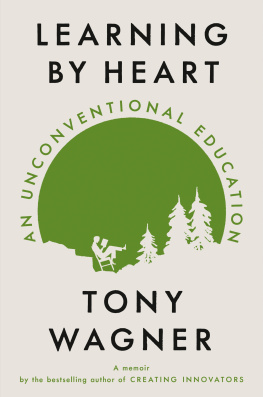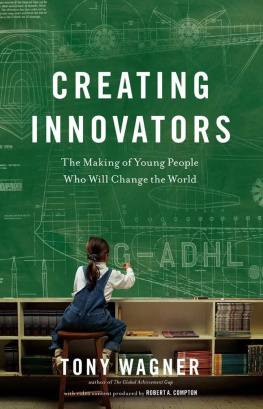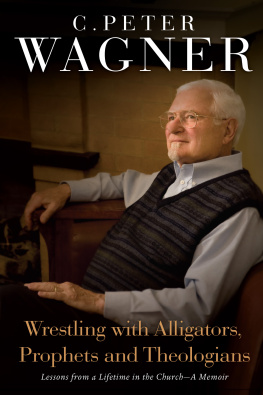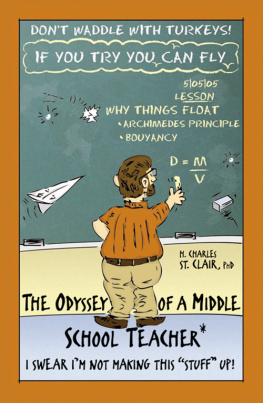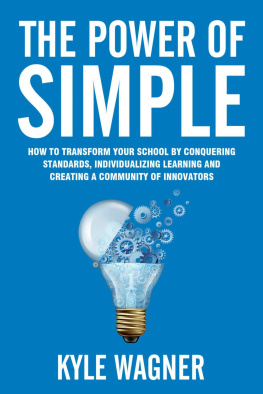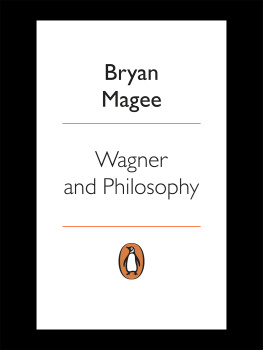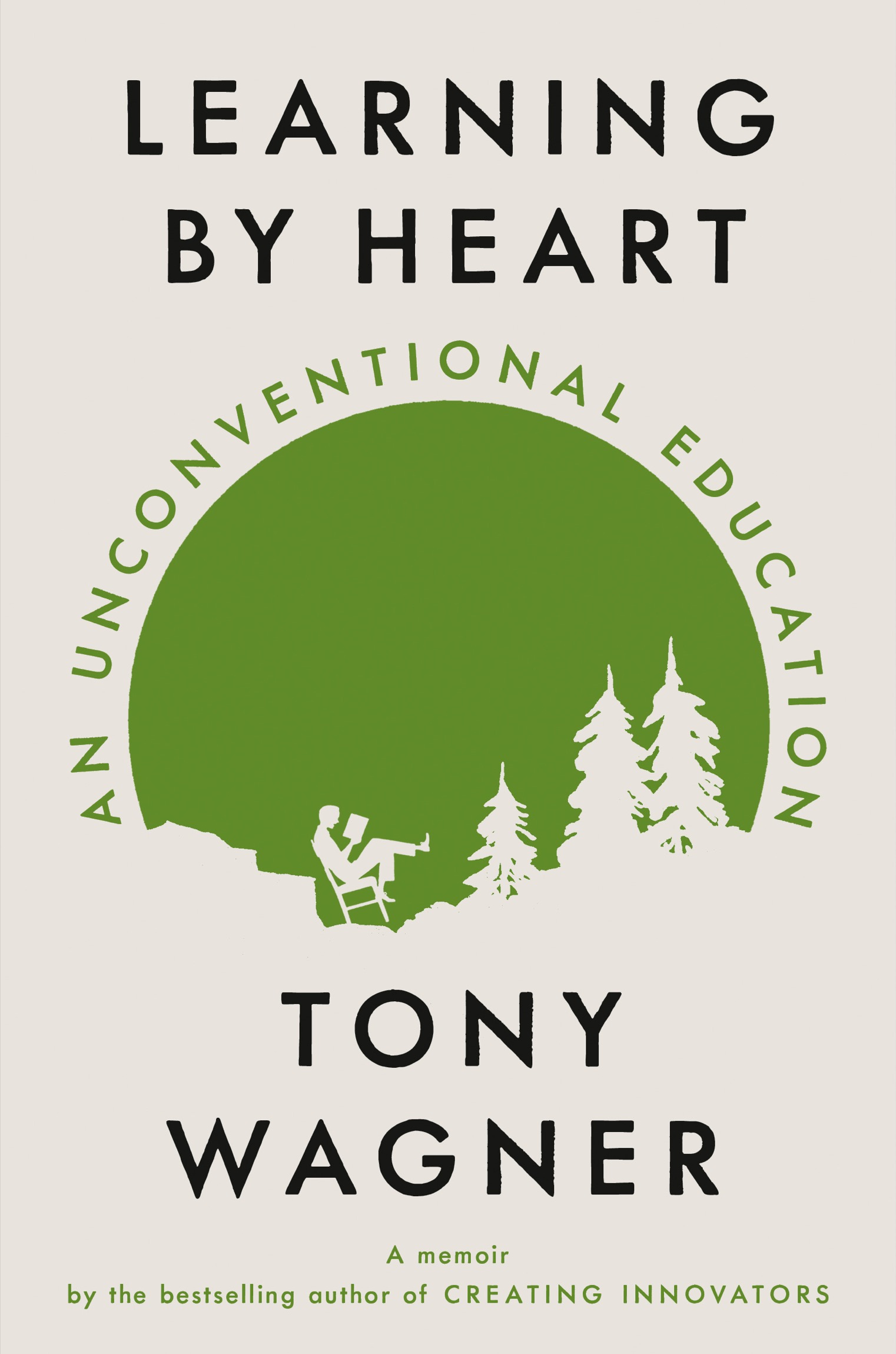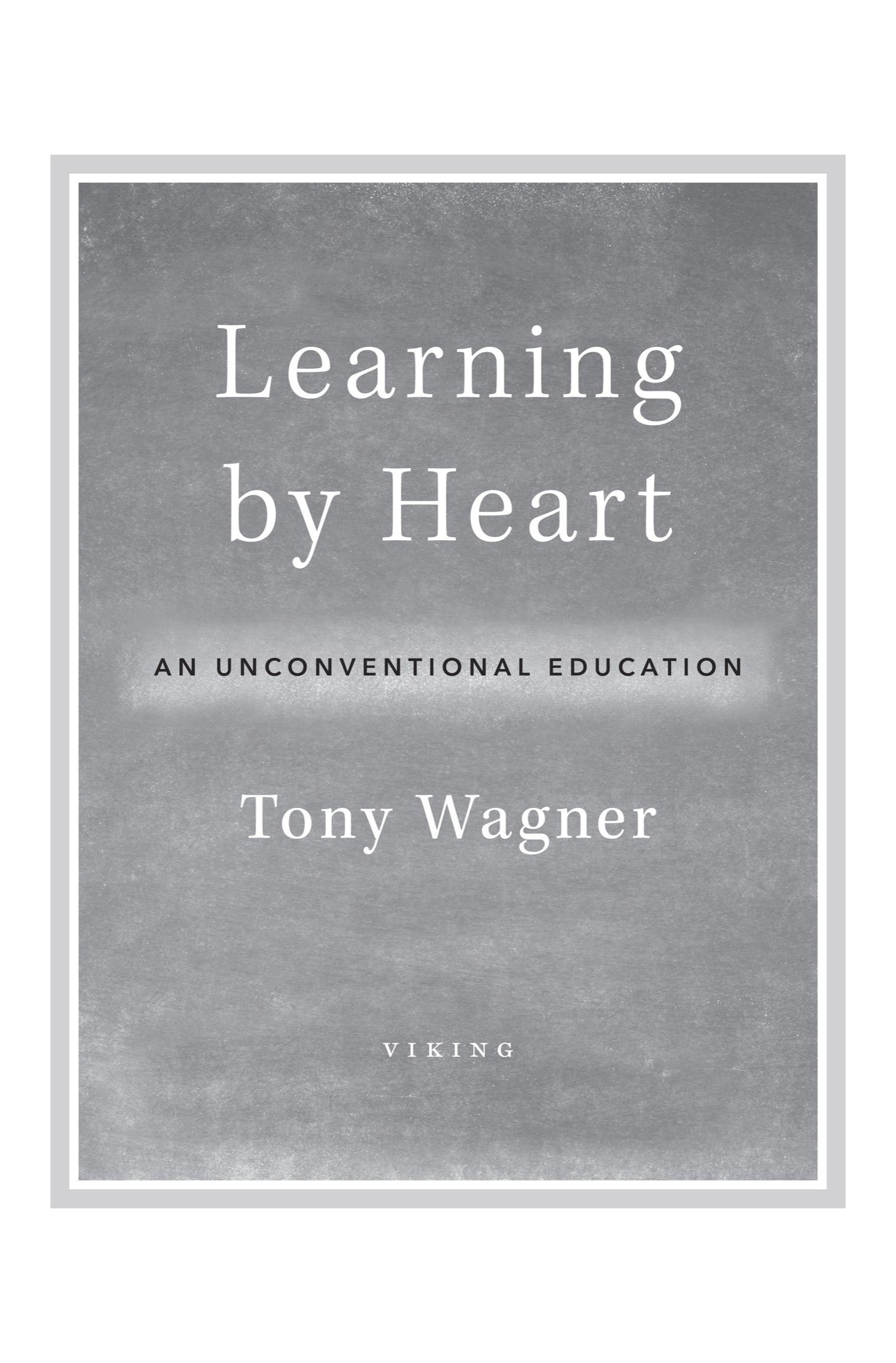Tony Wagner - Learning by Heart: An Unconventional Education
Here you can read online Tony Wagner - Learning by Heart: An Unconventional Education full text of the book (entire story) in english for free. Download pdf and epub, get meaning, cover and reviews about this ebook. year: 2020, publisher: Penguin Publishing Group, genre: Detective and thriller. Description of the work, (preface) as well as reviews are available. Best literature library LitArk.com created for fans of good reading and offers a wide selection of genres:
Romance novel
Science fiction
Adventure
Detective
Science
History
Home and family
Prose
Art
Politics
Computer
Non-fiction
Religion
Business
Children
Humor
Choose a favorite category and find really read worthwhile books. Enjoy immersion in the world of imagination, feel the emotions of the characters or learn something new for yourself, make an fascinating discovery.
- Book:Learning by Heart: An Unconventional Education
- Author:
- Publisher:Penguin Publishing Group
- Genre:
- Year:2020
- Rating:5 / 5
- Favourites:Add to favourites
- Your mark:
Learning by Heart: An Unconventional Education: summary, description and annotation
We offer to read an annotation, description, summary or preface (depends on what the author of the book "Learning by Heart: An Unconventional Education" wrote himself). If you haven't found the necessary information about the book — write in the comments, we will try to find it.
--Angela Duckworth, Founder and CEO, Character Lab, and New York Times bestselling author of Grit
One of the worlds top experts on education delivers an uplifting memoir on his own personal failures and successes as he sought to become a good learner and teacher.
Tony Wagner is an eminent education specialist: he has taught at every grade level from high school through graduate school; worked at Harvard; done significant work for the Bill & Melinda Gates Foundation; and speaks across the country and all over the world. But before he found his success, Wagner was kicked out of middle school, expelled from high school, and dropped out of two colleges. Learning by Heart is his powerful account of his years as a student and teacher.
After struggling in both roles, he learned to create meaningful learning experiences despite the constratins of conventional schooling--initially for himself and then for his students--based on understanding each students real interests and strengthening his or her intrinsic motivations. Wagners story sheds light on critical issues facing parents and educators today, and reminds us that trial and error, resilience, and respect for the individual, are at the very heart of all teaching and learning.
Tony Wagner: author's other books
Who wrote Learning by Heart: An Unconventional Education? Find out the surname, the name of the author of the book and a list of all author's works by series.

